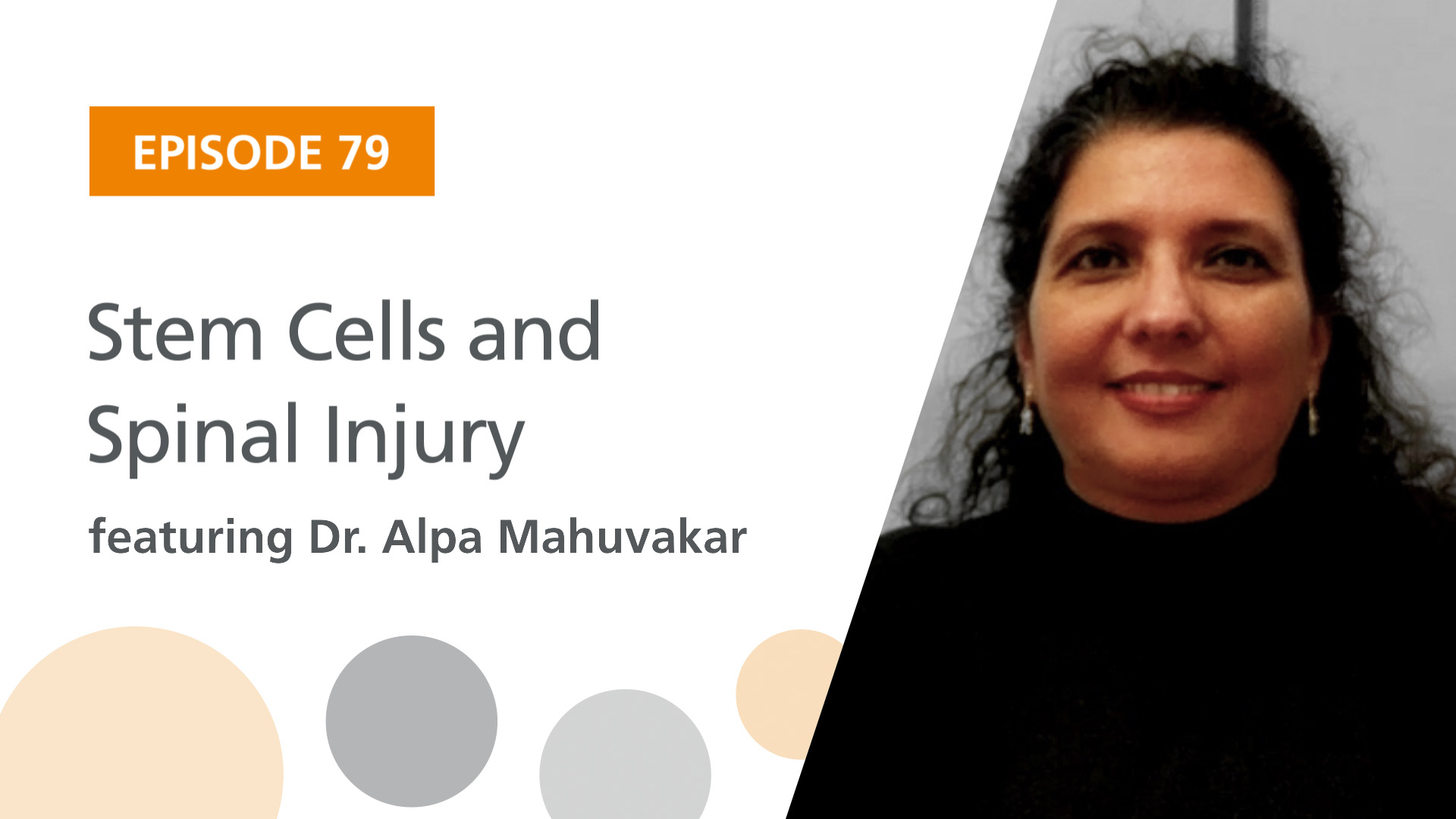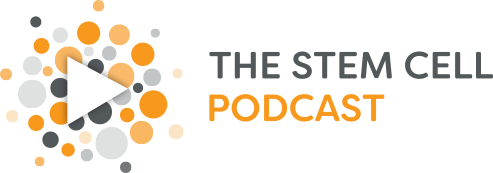
Podcast: Play in new window
Guest:
Dr. Alpa Mahuvakar Trivedi, a molecular biologist in the Department of Neurosurgery at University California, San Francisco, joins us in this episode. Alpa and her team have recently published a paper on generating neural cells from stem cells to help pain and bladder function after spinal cord injury.
Resources and Links
What Does Trump Win Mean for US Science? – This article reports that many scientists have been laying out their concerns about the future of the US research community under a Trump administration.
Poor Diet in Pregnancy, Poor Heart Health for Infants – Mothers who don’t eat enough during pregnancy could give birth to babies with long-lasting heart problems.
Using a Video Game to Speed Up Alzheimer’s Research – This article describes the new game Stall Catchers, where citizen scientists help Alzheimer’s researchers find stalls in brain blood vessels in mice.
Antibody Therapy for Zika Virus? – Scientists found that a single dose of a human antibody called ZIKV-117 can protect mice from death after Zika infection — and shield mouse fetuses from the virus’s damaging effects.
Trump and Embryonic Stem Cells – Biomedical researchers are wondering what the Trump administration’s position is on embryonic stem cells research though he has vowed to “cancel every unconstitutional executive action, memorandum and order issued by President Obama.”
Single-Cell Sequencing of the Small-RNA Transcriptome – Researchers present a single-cell method for small-RNA sequencing and apply it to naive and primed human embryonic stem cells and cancer cells.
Conversion of Terminally Committed Hepatocytes to Culturable Bipotent Progenitor Cells with Regenerative Capacity – Scientists report that a cocktail of small molecules, Y-27632, A-83-01, and CHIR99021, can convert rat and mouse mature hepatocytes in vitro into proliferative bipotent cells, which we term chemically induced liver progenitors.
Widespread Chromatin Accessibility at Repetitive Elements Links Stem Cells with Human Cancer – Stem cell differentiation induces chromatin remodeling at repetitive elements offering a permissive environment for Ewing sarcoma (a mesenchymally derived tumor) development.
Photo Reference: Courtesy of Dr. Alpa Mahuvakar

